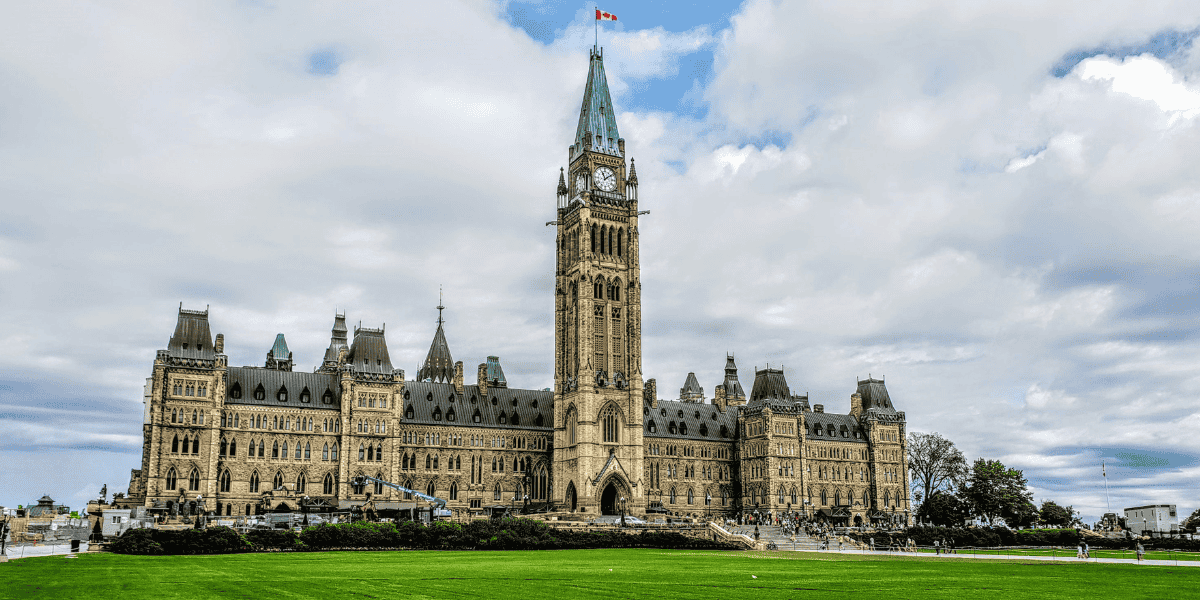On 23 June 2022, Canada’s Budget Implementation Act 2022, No. 1, Bill C-19 which includes several tax measures received Royal Assent. Bill C-19 implements tax measures announced in the 2022 and 2021 federal budgets, as well as various other measures, all of which were included in a detailed notice of ways and means motion tabled in the House on 26 April 2022.
Corporate Tax measures
Bill C-19 includes following key corporate income tax measures:
- Immediate expensing of up to $1.5 million per year of eligible property acquired after 18 April 2021 and available for use before 2024 or acquired after 31 December 2021 and available for use before 2025;
- Expanded access to the accelerated capital cost allowance (CCA) for certain clean energy equipment, applicable to eligible property acquired after 18 April 2021, with certain other changes effective for property that becomes available for use after 2024;
- The temporary extension for eligible expenses and other deadlines under film or video production tax credits, effective as 11 April 2020; and
- The Corporate income tax rate reductions for zero-emission technology manufacturing profits reduce the general corporate income tax rate and small business income tax rate on eligible profits to 7.5% (from 15%) and to 4.5% (from 9%), respectively, for taxation years beginning after 2021 and before 2029. This reduction is gradually phased out for taxation years that begin in 2029 and are fully phased out for taxation years that begin after 2031.
Goods and Services Tax/Harmonized Sales Tax measures
- Ensuring that all assignment sales in respect of newly constructed or substantially renovated residential housing are taxable supplies for GST/HST purposes; and
- Extending eligibility for the expanded hospital rebate to health care services supplied by charities or non-profit organizations with the active involvement of, or on the recommendation of, either a physician or a nurse practitioner, irrespective of their geographic location.
Excise duty framework for vaping products
- Requiring that manufacturers of vaping products obtain a vaping licence from the CRA;
- Requiring that all vaping products that are removed from the premises of a vaping licensee to be entered into the Canadian market for retail sale be affixed with an excise stamp;
- Imposing excise duties on vaping products to be paid by vaping product licensees;
- Providing for administration and enforcement rules related to the excise duty framework on vaping products;
- Providing the Governor in Council with authority to provide for an additional excise duty in respect of provinces and territories that enter into a coordinated vaping product taxation agreement with Canada; and
- Making related amendments to other legislative texts, including to allow for a coordinated federal/provincial-territorial vaping product taxation system and to ensure that the excise duty framework applies properly to imported vaping products.












